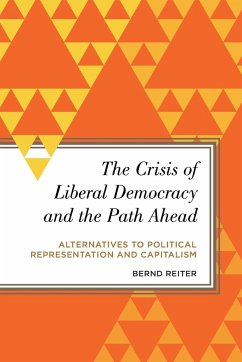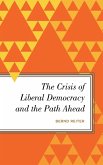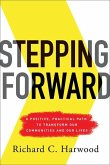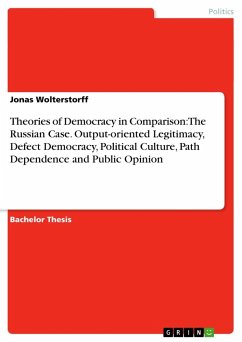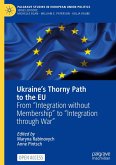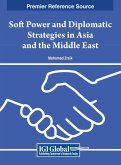Political representation and democracy are at odds and we need new models to organize politics without relying so heavily on elected representatives. Similarly, capitalism undermines markets, as the rich and wealthy shield their assets and make them untenable for average earners. Elitism thus undermines both democracy and markets and we need to devise ways to limit the power of professional politicians, as well as the asset holdings of the rich so that the goods they hold can re-enter general markets. A broad array of institutions and laws have been enacted in different places and at different times to block economic elitism and protect democratic self-rule. This book presents a number of such cases, historical as well as contemporary, where solutions to the problem of political and economic elitism have successfully been practiced. It then compares these cases systematically, to determine the common factors and hence the necessary conditions for ensuring, and protecting self-rule and equal opportunity. This book encourages the idea that alternatives to representative, capitalist democracy are possible and can be put to practice.
Hinweis: Dieser Artikel kann nur an eine deutsche Lieferadresse ausgeliefert werden.
Hinweis: Dieser Artikel kann nur an eine deutsche Lieferadresse ausgeliefert werden.

